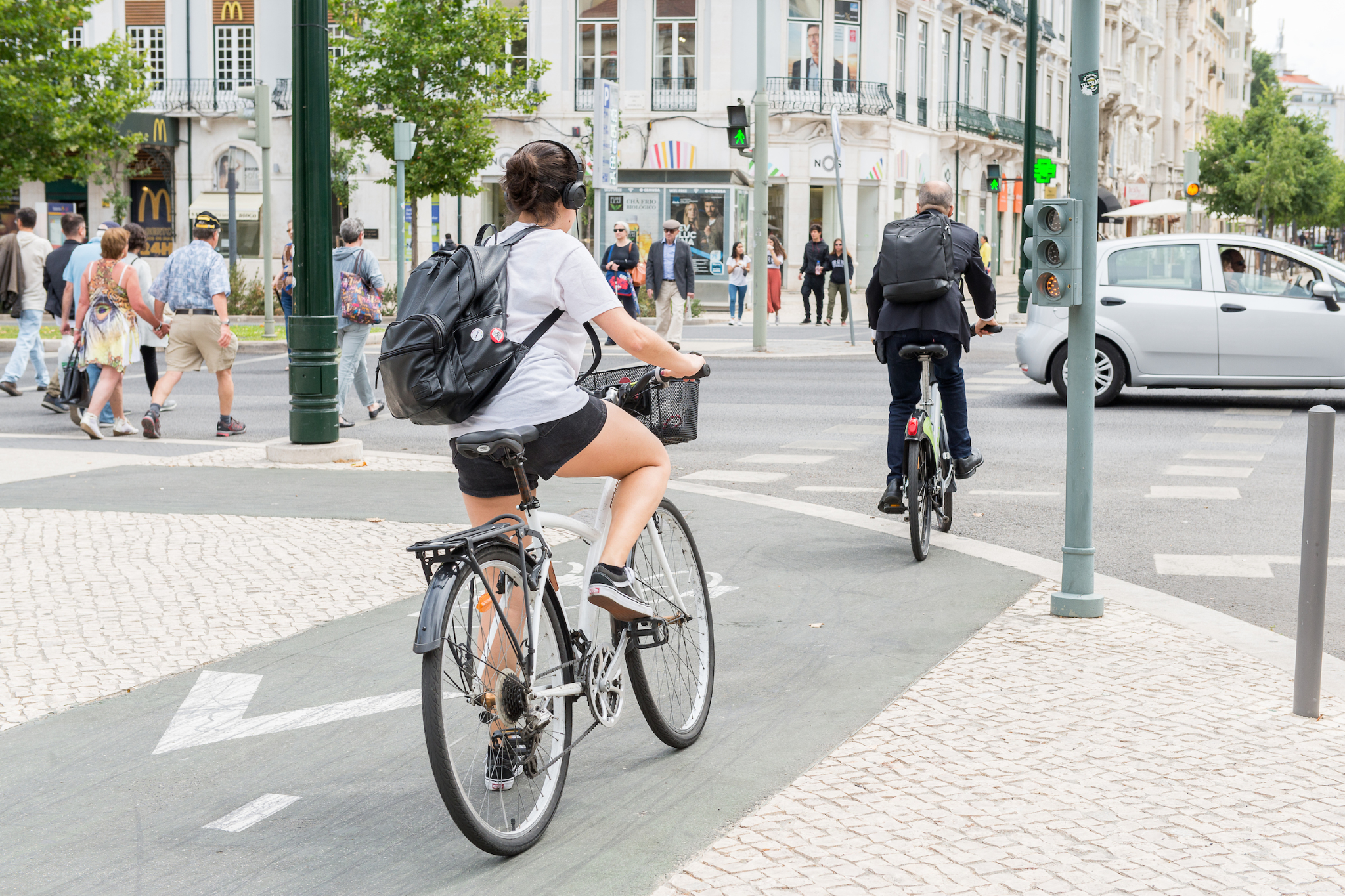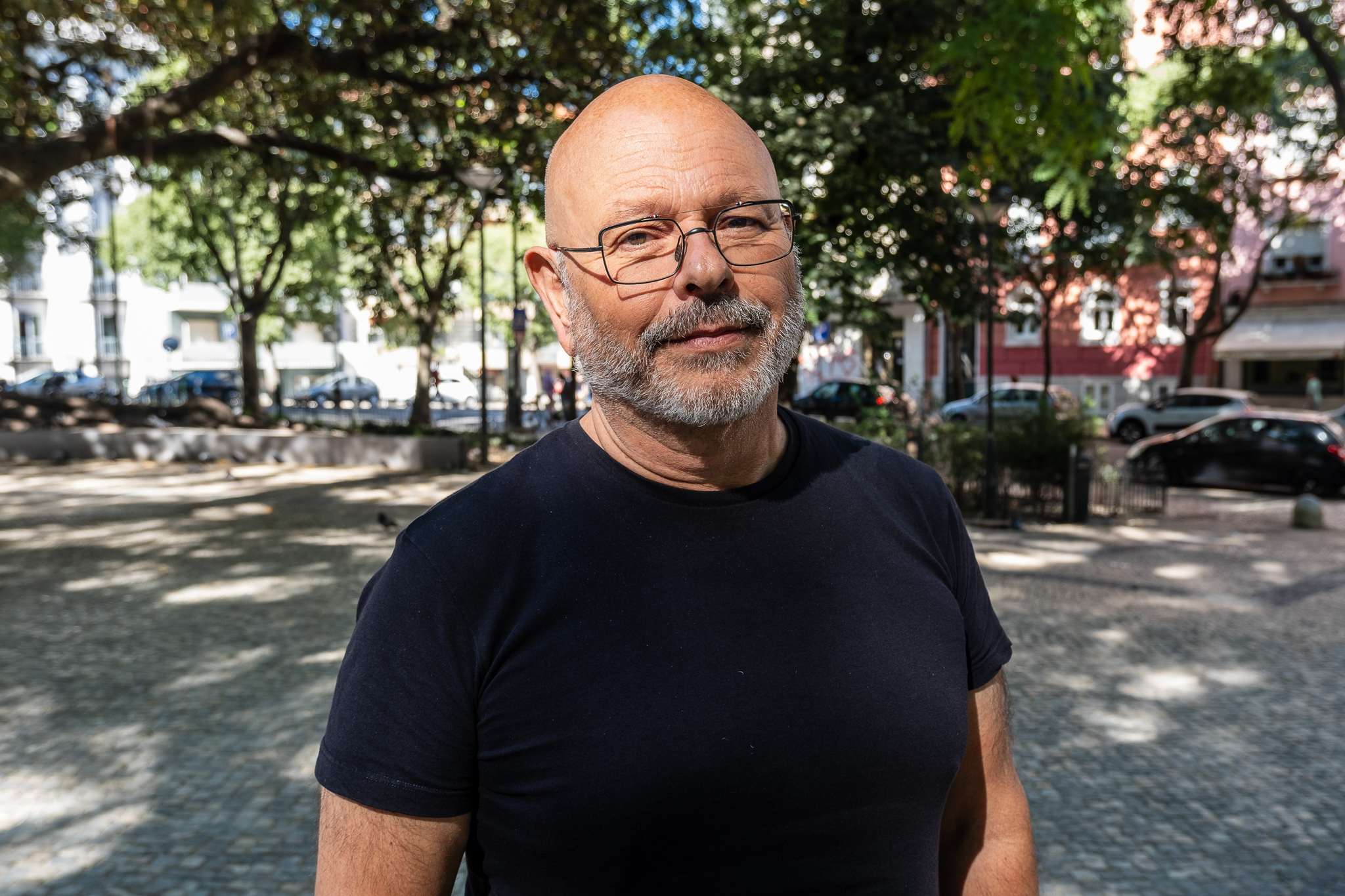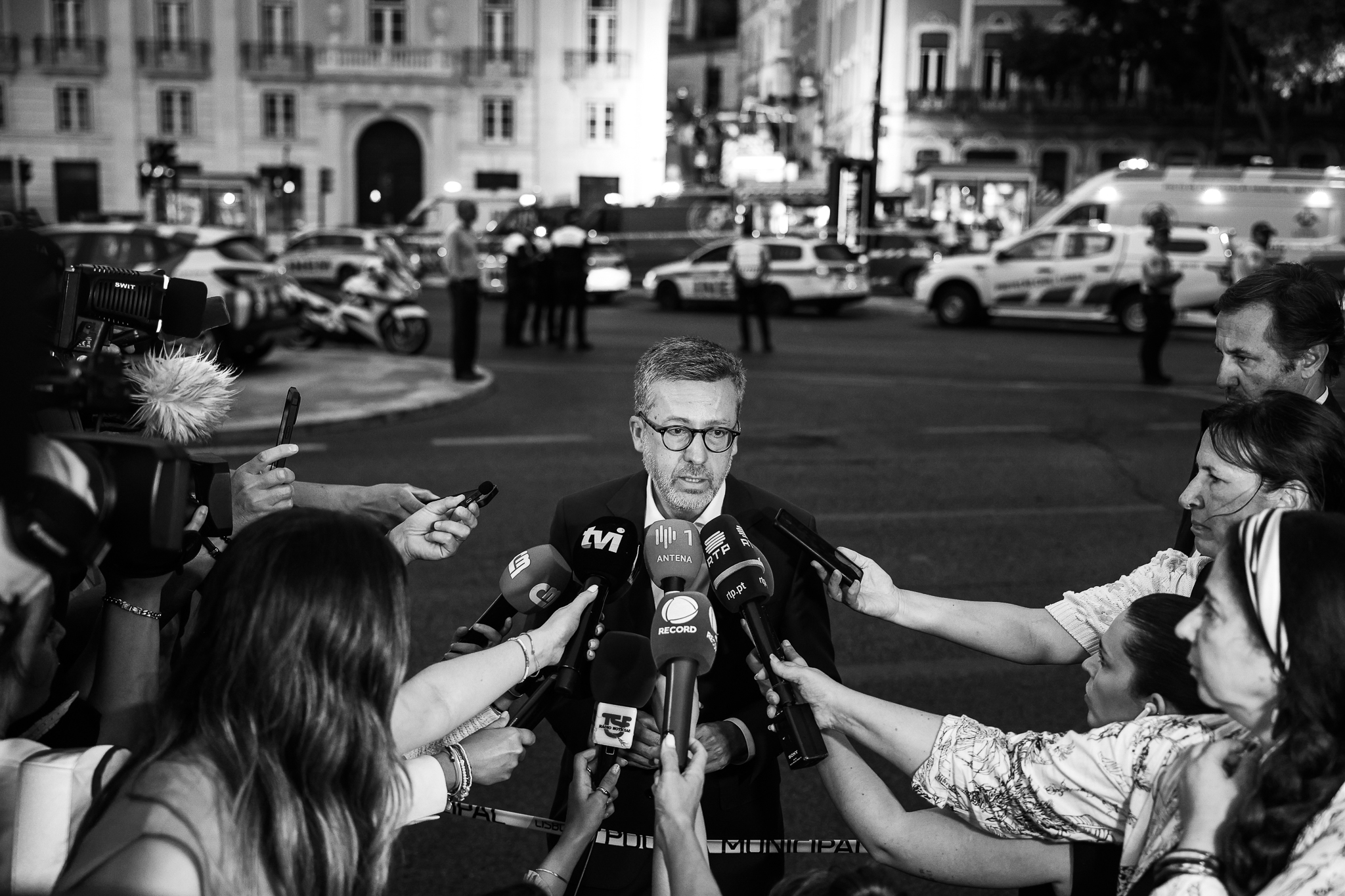A MUBi defende que pelo menos 10% do orçamento total do sector dos transportes no OE 2022 seja destinado a investimentos na mobilidade em bicicleta.

Para que Portugal possa alcançar os valores de utilização da bicicleta como modo de transporte e convergir com o resto da Europa em matéria de mobilidade activa, é necessário que o investimento por parte do Estado português esteja ao nível dos outros países europeus. A MUBi defende que pelo menos 10% do orçamento total do sector dos transportes no OE 2022 seja destinado a investimentos na mobilidade em bicicleta.
A utilização da bicicleta como modo de transporte em Portugal deverá convergir com a média do resto da Europa, e, até 2030, pelo menos uma em cada dez viagens nas cidades portuguesas deverá ser feita em bicicleta. Estas são metas estabelecidas na Estratégia Nacional para a Mobilidade Activa Ciclável (ENMAC) 2020-2030, publicada há dois anos. Será necessário haver mais de meio milhão de ciclistas quotidianos até ao final da década.
Alcançar estas metas exige um grande investimento e esforço colectivo do Estado para levar a cabo, de forma decisiva e com benefícios ambientais e sociais inequívocos, uma profunda transformação da sociedade ao nível da mobilidade urbana. O investimento do Estado português na mobilidade em bicicleta terá, por isso, de estar pelo menos ao mesmo nível dos outros países europeus.
Contudo, dois anos após as metas estabelecidas, e ainda sem um orçamento alocado, a ENMAC 2020-2030 continua muito atrasada e a progredir a um ritmo extremamente lento. Estamos em risco iminente de falhar os objectivos intercalares para 2025. É urgente mais liderança e vontade política na alteração do paradigma da mobilidade.
A Bélgica destinou 7% do seu Plano de Recuperação e Resiliência para infraestruturas destinadas a bicicletas e a peões. Espanha garantiu 3 mil milhões de euros para a mobilidade activa. A República da Irlanda decidiu alocar, ao longo dos próximos cinco anos, 10% do orçamento do Estado para o sector dos transportes à mobilidade em bicicleta e outros 10% ao modo pedonal. São 360 milhões de euros por ano (um milhão por dia) para os modos activos, num país com metade da população portuguesa.
A MUBi defende que pelo menos 10% do orçamento total do sector dos transportes seja destinado à mobilidade em bicicleta. Este investimento deverá permitir a aceleração da implementação da ENMAC 2020-2030 e da prossecução dos seus objectivos.
O Orçamento do Estado para 2022 deverá alocar verbas especialmente nestas áreas:
- Criar as estruturas e dotar as equipas e entidades com os recursos humanos, técnicos e financeiros necessários para a gestão, organização e desenvolvimento da Estratégia.
- Contratação e formação de técnicos na área da mobilidade activa.
- Apoio ao desenvolvimento e implementação de Planos de Mobilidade Urbana Sustentável por parte dos municípios portugueses.
- Campanhas para alteração da cultura de mobilidade.
- Apoio para os municípios implementarem alterações do espaço público no sentido de aumentar a segurança dos modos activos.
- Apoio à criação de redes de percursos seguros para a utilização da bicicleta.
- Soluções que promovam a complementaridade da bicicleta com os transportes públicos.
- Lançamento de programa nacional de incentivo às deslocações pendulares em bicicleta e reforço dos incentivos à aquisição de bicicletas.
Para Rui Igreja, membro da Direcção da MUBi, “o Governo e os partidos e deputados/as na Assembleia da República têm na mão a possibilidade de desencadear a mudança necessária. Se efectivamente queremos que os portugueses possam optar pelo uso da bicicleta, como já o fazem os cidadãos do resto da Europa, a bicicleta não pode continuar a ser tratada nos Orçamentos do Estado como um “filho de um deus menor” dos sistemas de transportes“.








